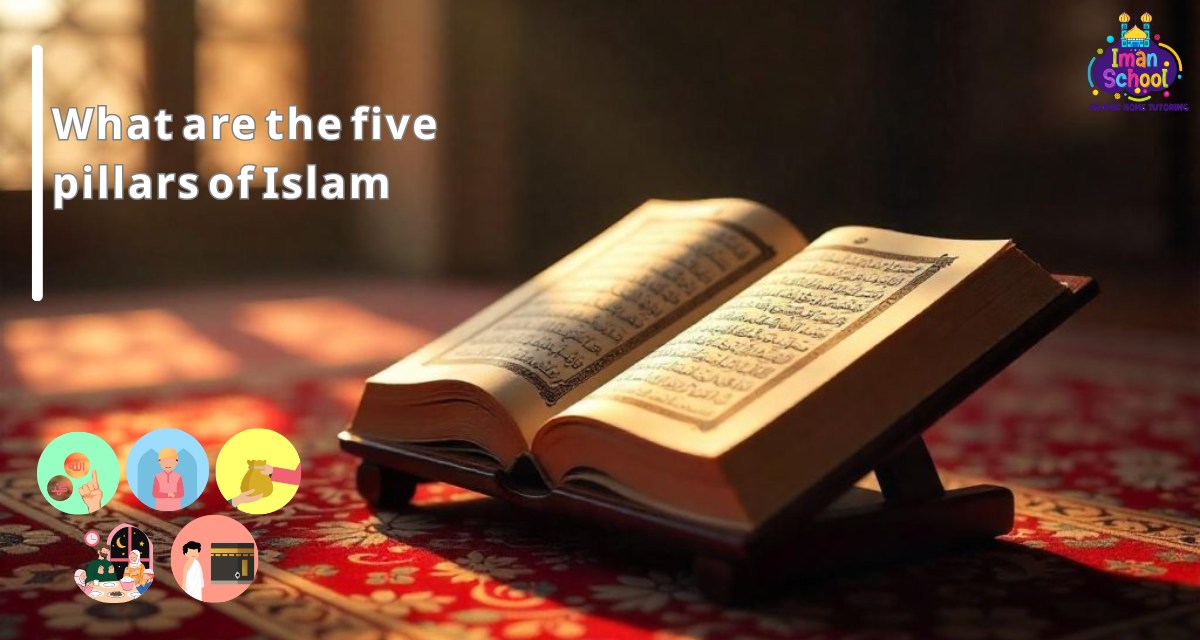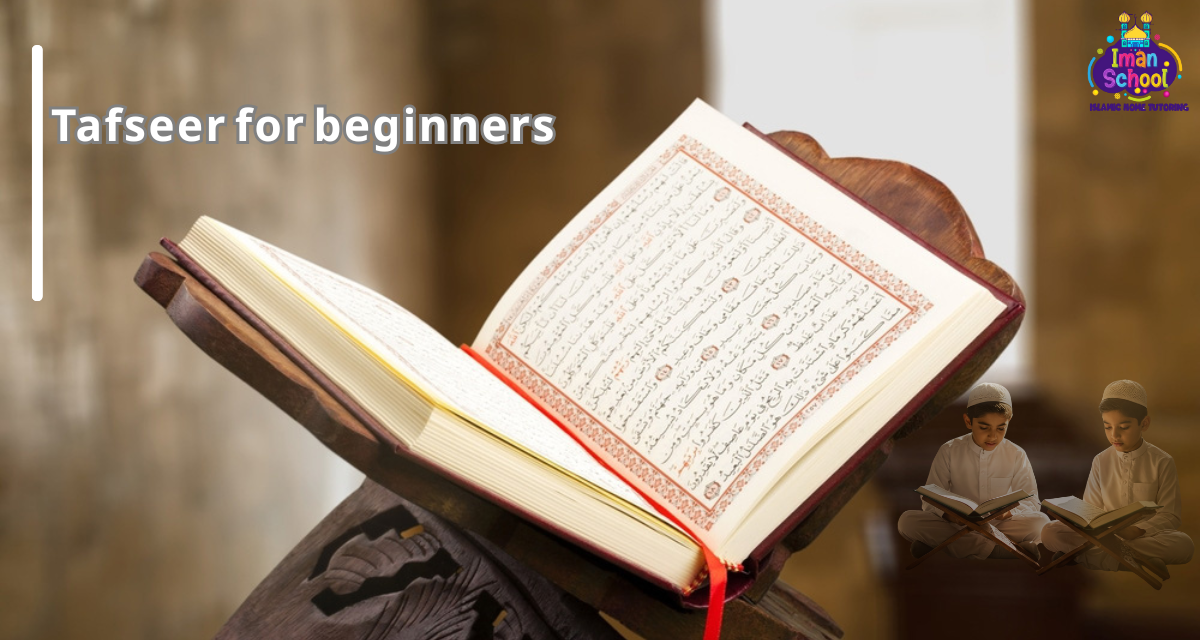Islam, as a complete way of life, is built upon fundamental principles that guide a Muslim's relationship with Allah (God) and with humanity. At the very heart of these practices lie the Five Pillars of Islam. These pillars are not mere rituals; they are foundational acts of worship and commitment that define a Muslim's identity and provide a structured path to spiritual growth and connection with the Divine. Understanding "what are the five pillars of Islam" is essential for anyone seeking to grasp the essence of this global faith and the daily lives of its adherents. Indeed, the question of "what are the five pillars of Islam" is often the first step for those exploring the religion.
What Are the Five Pillars of Islam and What Do They Mean?
The Five Pillars of Islam are the basic duties that every Muslim is obliged to observe. They form the framework of Muslim life and symbolize commitment to Allah. Here are the five pillars of Islam in English, explaining what each one entails:

1- Shahada: The Declaration of Faith
The Shahada (الشهادة) is the declaration of faith, asserting belief in the Oneness of Allah and the prophethood of Muhammad. It is the most fundamental pillar and the gateway to Islam. The Shahada states: "Lā ilāha illā Allāh, Muḥammadur rasūl Allāh" (There is no deity worthy of worship except Allah, and Muhammad is His messenger).
-
Meaning: This pillar establishes the concept of Tawhid (the absolute Oneness of God), the cornerstone of Islam. It means acknowledging Allah as the sole Creator and Sustainer, and accepting Prophet Muhammad as His final messenger. Reciting this with sincerity and conviction makes one a Muslim. This is the first answer to what are the five pillars of Islam.
2- Salat: The Five Daily Prayers
Salat (الصلاة) refers to the ritual prayers performed five times a day, facing the Kaaba in Mecca. These prayers are Fajr (dawn), Dhuhr (noon), Asr (afternoon), Maghrib (sunset), and Isha (night).
-
Meaning: Salat is a direct spiritual connection with Allah, fostering a constant remembrance of Him throughout the day. It provides discipline, humility, and inner peace, serving as a reminder of one's purpose and accountability. Performing Salat regularly reinforces devotion and helps ward off evil. This is the second of what are the five pillars of Islam.
3- Zakat: Obligatory Charity
Zakat (الزكاة) is the obligatory charity paid annually to the poor and needy, typically 2.5% of a Muslim's accumulated wealth that exceeds a certain threshold (nisab).
-
Meaning: Zakat is an act of purification of wealth and a means of fostering social justice and economic balance within the community. It emphasizes compassion, solidarity, and redistributes wealth to ensure that the less fortunate are cared for, acknowledging that all wealth ultimately belongs to Allah. This is the third of what are the five pillars of Islam.
4- Sawm: Fasting During Ramadan
Sawm (الصوم) is the ritual fasting during the month of Ramadan, the ninth month of the Islamic lunar calendar. Muslims abstain from food, drink, and sexual relations from dawn until sunset.
-
Meaning: Fasting is a spiritual exercise designed to cultivate self-discipline, patience, and empathy for the less fortunate. It encourages reflection, increases God-consciousness (Taqwa), and fosters a sense of communal unity as Muslims worldwide fast together. This is the fourth of what are the five pillars of Islam.
5- Hajj: The Pilgrimage to Mecca
Hajj (الحج) is the pilgrimage to the Kaaba in Mecca, Saudi Arabia, which every Muslim is obliged to perform once in their lifetime, provided they are physically and financially able.
-
Meaning: Hajj is a profound spiritual journey that symbolizes the unity of the Muslim Ummah (global community). It purifies sins, renews faith, and serves as a powerful reminder of equality before Allah, as pilgrims from all walks of life gather in a single devotion. This completes the list of what are the five pillars of Islam.

What Are the Five Pillars of Islam and Why Are They Important to the Religion?
Understanding "what are the five pillars of Islam" is crucial because these pillars are not merely isolated practices but interconnected components that form the backbone of Islamic life and community. They provide a practical framework for expressing faith and upholding the principles of Islam. The importance of what are the five pillars of Islam cannot be overstated for a Muslim's spiritual journey.
A Framework for Devotion and Discipline
The Five Pillars of Islam provide a structured and disciplined approach to worship and daily life. They ensure that a Muslim's faith is not just a theoretical belief but is actively demonstrated through consistent actions. This regular practice helps to instill a routine of devotion and mindfulness of Allah's presence.
Cultivating God-Consciousness (Taqwa)
Each pillar contributes to the development of Taqwa, which is God-consciousness, piety, and an awareness of Allah's watchful eye.
-
The Shahada roots the belief in Allah's Oneness.
-
Salat maintains constant remembrance.
-
Zakat purifies wealth and soul.
-
Sawm cultivates inner discipline and empathy.
-
Hajj fosters submission and unity. This collective effect strengthens a Muslim's spiritual core, highlighting the profound impact of what are the five pillars of Islam.

Fostering Community and Unity (Ummah)
The 5 Pillars of Islam play a vital role in building and strengthening the global Muslim community (Ummah).
-
Prayers performed in congregation foster bonds between Muslims.
-
Zakat creates a sense of shared responsibility for social welfare.
-
The collective fasting of Ramadan brings Muslims closer together in shared spiritual experience.
-
The Hajj pilgrimage exemplifies the ultimate unity and equality of humanity before Allah, as millions gather from diverse backgrounds as one. This communal aspect is a key reason why what are the five pillars of Islam are so central.
Pillars of Faith vs. Pillars of Islam
It's important to distinguish between pillars of Islam and pillars of Iman (or pillars of faith).
-
Pillars of Islam: These are the five practical actions of worship discussed above. When someone asks "what are the five pillars of Islam," they are referring to these five practical duties.
-
Pillars of Iman (Faith): These are the six articles of belief that a Muslim must hold in their heart. They include belief in Allah, His angels, His books, His messengers, the Day of Judgment, and Divine Decree (Qadar). The Pillars of Iman form the creed, while the Pillars of Islam are the acts of worship that outwardly manifest that creed. Both sets of pillars are essential for a complete Islamic life.
Resources for Deeper Understanding of the 5 Pillars of Islam
For those seeking to delve deeper into the meanings and practical applications of the 5 Pillars of Islam, a wealth of resources is available. Many Islamic centers and online platforms provide detailed explanations.
You can often find comprehensive guides as "the five pillars of Islam pdf" documents, offering explanations, proofs from the Quran and Sunnah, and practical advice on their implementation.
Consulting reputable Islamic scholars and reading authentic books on Fiqh (Islamic jurisprudence) and Aqidah (Islamic creed) can further enhance your understanding of what are the five pillars of Islam.

FAQ About the Five Pillars of Islam
Are the Five Pillars of Islam obligatory for every Muslim?
Yes, the Five Pillars of Islam are fundamental duties that every adult, sane, and capable Muslim is obligated to perform. They form the core of worship and commitment in Islam.
What is the difference between the Pillars of Islam and the Pillars of Iman (Faith)?
The Five Pillars of Islam are the outward actions and practical acts of worship (Shahada, Salat, Zakat, Sawm, Hajj). The Pillars of Iman (Faith) are the inner beliefs that a Muslim must hold (belief in Allah, His angels, His books, His messengers, the Last Day, and Divine Decree, good and bad). Both are necessary for a complete Muslim identity and faith.
Can I perform Hajj if I am not financially or physically able?
Hajj is obligatory only for those who are physically and financially capable of performing the ritual without undue hardship or harm to themselves or their dependents. If you are not able, you are not obligated to perform Hajj.
The Five Pillars of Islam Explained for All Ages
The Five Pillars of Islam are the foundational acts of worship that Muslims worldwide strive to uphold. They are a beautiful and profound expression of faith, connecting believers directly with Allah and fostering a strong sense of community. At Iman School, we guide students of all ages to understand and practice these pillars—Shahada, Salat, Zakat, Sawm, and Hajj—as part of our comprehensive online Quran and Islamic studies programs.
Understanding what are the five pillars of Islam and why are they important to the religion illuminates the simplicity, depth, and beauty of Islamic practice. Each pillar serves a unique purpose in personal spiritual growth and in strengthening the collective well-being of the Ummah. At Iman School, our mission is to make these core teachings accessible, practical, and spiritually enriching for learners around the world through engaging, expert-led online classes.




